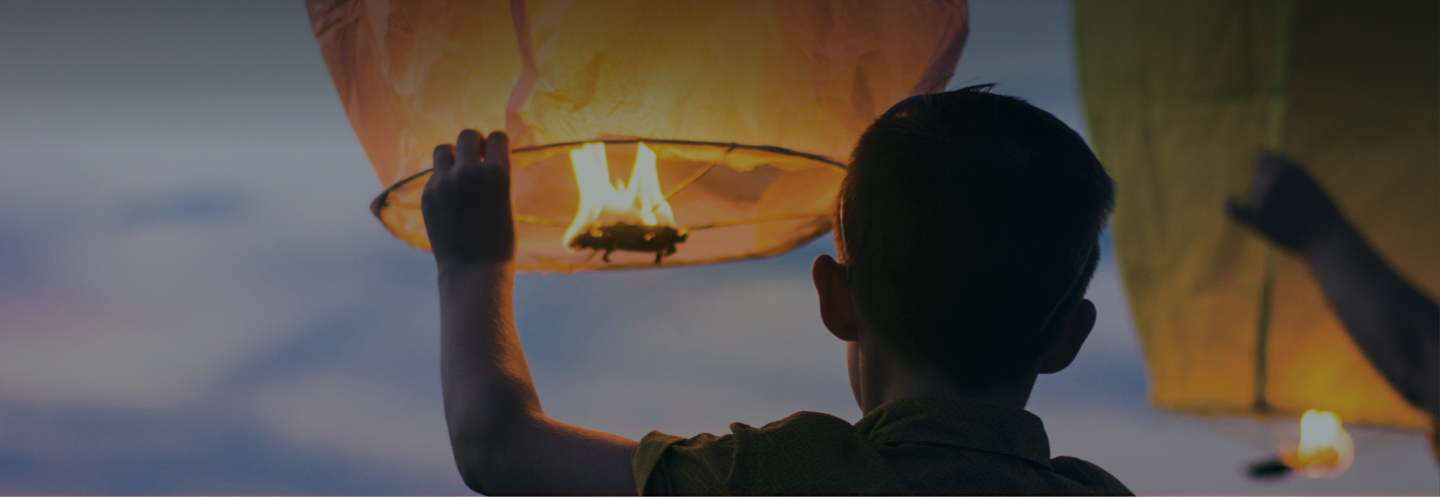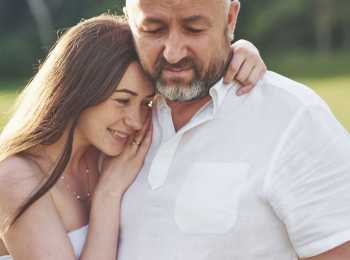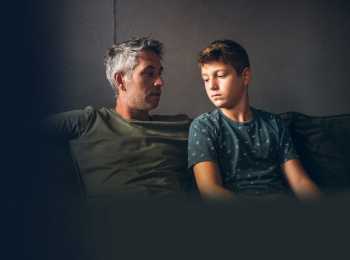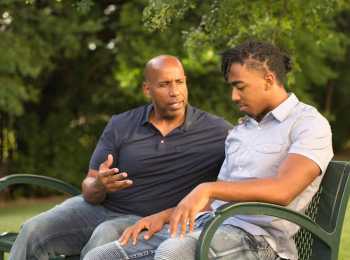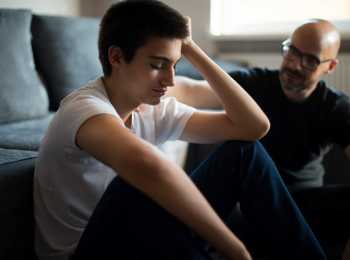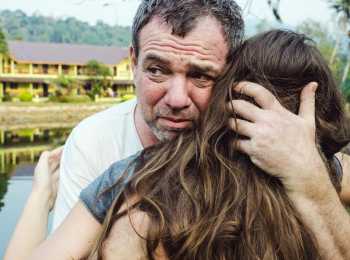When their treatment is finished, your mum or dad – and you – will probably feel a mixture of relief, fear, happiness, anxiety and even loss. Here you’ll find information about what might happen next, tips on getting back to ‘normal’ (or creating a new normal) and dealing with loss and change.
Your parent's ongoing treatment
Active treatment has ended, so your mum or dad now enters a stage called ‘survivorship’. But it’s not easy to make the shift from ‘patient’ to ‘survivor’ overnight. Surviving cancer is more complicated than just having treatment to get rid of the disease. While cancer may be gone from their body, its effects can still remain. There are often ongoing emotional, psychological and practical after-effects for them, which will impact on your whole family. Even though treatment is finished your mum or dad might still feel low, tired, anxious or worried about the future. And they may still be coming to terms with physical or emotional reminders of their cancer and treatment.
Check ups or ‘follow up’ care
After their treatment has finished, your mum or dad will still need to have regular check ups with their doctor, to detect any problems or effects related to their treatment.
Things you should know:
-
At first appointments will be fairly close together, perhaps every few weeks or months. Eventually they will only need to come in about once a year.
-
What happens at these check ups will depend on what kind of cancer they had and their treatment (what type, and how it went).
-
It’s normal for your mum or dad (and you) to feel scared or anxious before check ups.
-
It can also be irritating and inconvenient to have to go back to the hospital for appointments, especially if they have to travel a long distance. But attending check-ups after active treatment is important to check your parent’s body is settling back to normal following treatment.
-
Down the track, the doctors also will be looking out for and supporting your mum or dad in dealing with any ‘late effects’. ‘Late effects’ are side effects of treatment that might not show up until later in life, and include lung, heart, kidney or liver problems, tooth decay and memory or concentration problems. They do not mean the cancer has returned.
Getting back to normal after your parent's cancer
After their treatment finishes, your mum or dad, you or other people may expect that life will go back to the way it was before. As a general rule, at least a few things will be different.
Your mum or dad, and the rest of your family, have just dealt with a life-threatening illness. For your mum or dad especially, life has seriously changed. In view of all this change, it’s often better to think about the next chapter of your life rather than trying to go back to how it was before cancer.
You need to work with your family to create your ‘new normal’. Work together to find ways to continue to support each other, and acknowledge the changes that come with survivorship.
You might find it helpful to chat with or read stories by other young people whose parent is a cancer survivor. Log in to the Canteen Community, or find out about our peer support programs and groups.
Dealing with pressure from others to ‘move on’
You, your friends, your teacher or your boss might think that everything should be ‘back to normal’ now that your mum or dad is home and finished their treatment. But just because they’re now considered a survivor it doesn’t mean cancer is no longer part of your life. It’s normal to worry about whether cancer might come back and having to deal with all this stuff again.
Tell them you need space and time to adjust. But if you feel like you’re not coping (like if you can’t stop worrying about your parent’s cancer coming back or cancer striking you or someone else in your family), talk to someone who can help. Talk to a Canteen counsellor (by phone, online or in person).
Dealing with loss and change
Many things may have changed as a result of your mum or dad having cancer, some of them temporary, some permanent. These changes are often referred to as ‘losses’ (another word for changes that happened without choice involved).
Learning to cope with losses is part of the process of getting back to ‘normal’.
Dealing with loss & change after your parent's cancer
Time, routines, friends … you may have lost many things as a result of your mum or dad having cancer. Learning to cope with losses is part of the process of getting back to ‘normal’.
People often only think about grief and loss in terms of someone dying, but in fact you could have these feelings even when your mum or dad is living with cancer.
Simply put, loss is what happens and grief is how we feel about it. You can think of loss as any event or thing that changes the way things have been.
It’s quite normal to feel grief for ‘invisible’ but important losses you experienced because of their cancer, like:
-
Time spent away from your regular life, and chances you missed. Maybe you even lost time just being a teenager, because you had to grow up fast.
-
Experiences, like missing your year 12 formal, or playing in the rugby final.
-
Going to uni or TAFE with your friends, because you had to take care of your mum or dad.
-
A cancelled holiday.
-
Relationships and friendships – because you couldn’t go out as much or didn’t feel like doing the same things you used to.
-
Your parent’s attention or affection for a while.
-
Your ‘old’ mum or dad – if they’ve changed a lot because of what they’ve been through.
-
Routines – it’s surprising how much you can miss normal, mundane things when your personal and family routines have changed.
Coping with loss and grief
The best thing you can do is acknowledge the things you have lost, and allow yourself to grieve for them.
What is important is to learn positive ways to cope with your grief and the warning signs that your grief is complicated or could tip over into depression. Read more about loss and grief.
You don’t have to cope alone
Join the Canteen Community to read stories about how other young people have coped with different losses and chat to them. Or talk to a Canteen counsellor about what you’re feeling and to get some advice. They can chat with you online, by phone, or in person.





